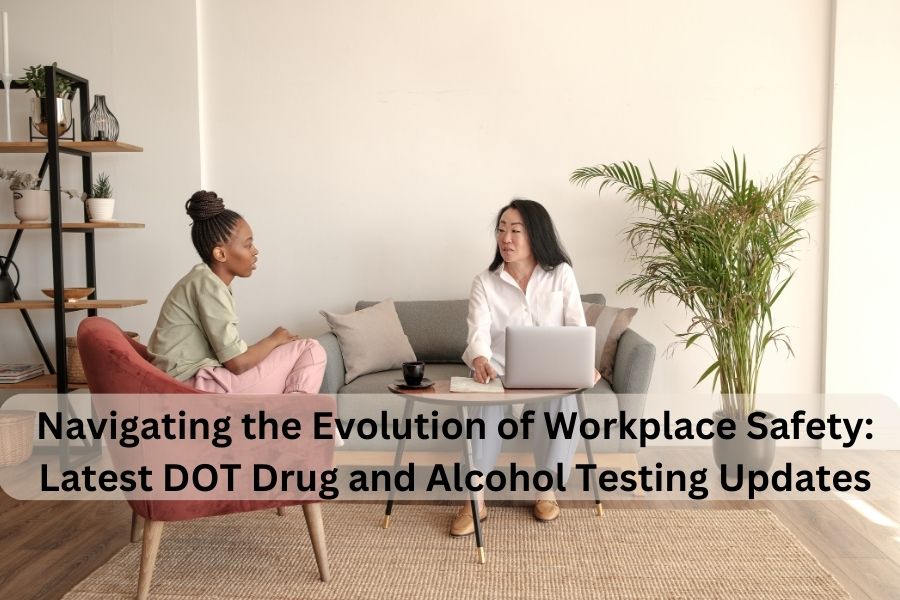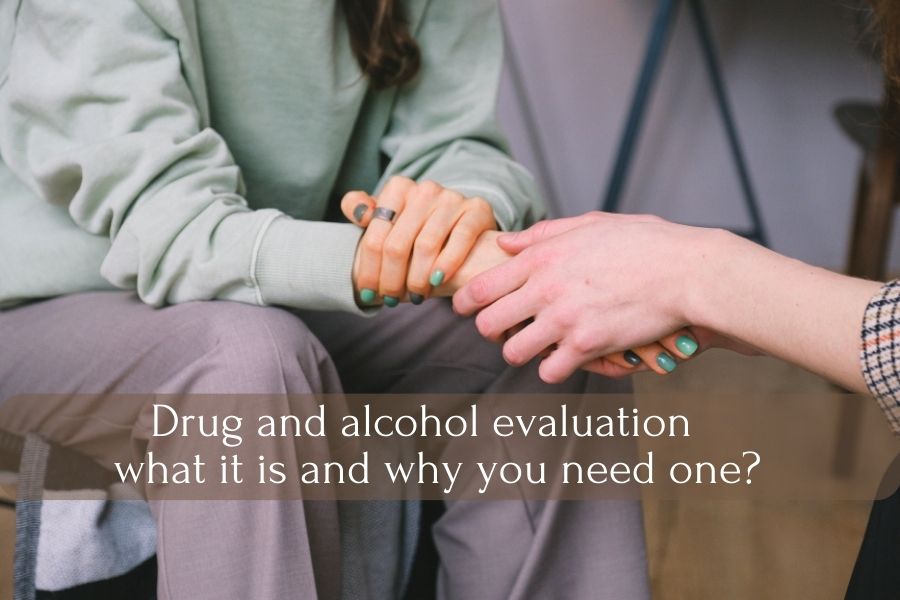Anger Management Evaluation :
When it comes to managing anger, understanding the root cause of the issue is the first step in finding a long-term solution. For individuals who find themselves in legal trouble due to their anger issues, court approved anger management evaluations can play a vital role in the recovery process. By providing a thorough assessment of an individual’s anger management concerns, these evaluations can help to reduce legal consequences and provide a roadmap towards healing and growth.
The Evaluation Process: What to Expect During a Court Approved Anger Management Evaluation
During a court approved anger management evaluation, individuals can expect to undergo a series of assessments designed to gather information about their current anger management skills and any potential underlying issues. This can include interviews and questionnaires regarding past and present experiences with anger, as well as standardized tests that measure anger levels and coping mechanisms. The evaluation process can take anywhere from a few hours to a few weeks depending on the individual case.
The Role of Court Approved Anger Management Evaluations in Legal Proceedings
Court approved anger management evaluations play a crucial role in legal proceedings by informing court decisions regarding sentencing or probation terms. Evaluations can provide evidence of an individual’s willingness to take responsibility for their actions and make changes to their behavior. They can also demonstrate the effectiveness of anger management programs by tracking the progress of participants through follow-up evaluations. In some cases, completing a court approved evaluation can even result in reduced legal consequences.
The Benefits of Completing a Court Approved Anger Management Evaluation
Completing a court approved anger management evaluation has several advantages for individuals with anger issues. First and foremost, it can lead to a reduction in legal consequences or charges. However, there are personal benefits as well. The evaluation process can provide a deeper level of self-awareness and emotional intelligence that can be powerful tools for long-term growth and healing. Additionally, participating in an anger management program can provide individuals with the tools and skills they need to manage their anger more effectively in the future.
Finding a Qualified Provider: How to Choose a Legitimate Court Approved Anger Management Evaluator
Anger management evaluations are important for individuals seeking to address their anger issues, comply with court requirements, or gain personal growth through self-reflection. However, selecting a qualified provider for court approved assessments can be overwhelming. This blog aims to provide guidance on what qualifications and certifications to look for in an evaluator or program provider. Additionally, we will answer frequently asked questions about the benefits, process, and costs of undergoing an anger management evaluation.
1. What is an anger management evaluation?
An anger management evaluation is a psychological assessment that involves the use of psychological tests and interviews with clients to identify the nature and severity of anger issues and develop plans for anger management strategies.
2. Who conducts an anger management evaluation?
An anger management evaluator is typically a licensed mental health professional, such as a psychologist or social worker, trained and experienced in anger management assessments. Additionally, court-approved evaluators are required to have specific qualifications and certifications.
3. Why would someone need an anger management evaluation?
Individuals with anger issues, aggressive behavior, legal or court requirements, or personal growth goals may benefit from an anger management evaluation. Anger management evaluations are often required by the court system as a condition for probation or as part of a criminal case.
4. What happens during an anger management evaluation?
The evaluation process typically involves psychological tests and interviews with the client to identify the underlying causes of anger issues, the triggers that initiate negative behaviors, and the development of coping strategies and skills that can help manage anger.
5. How long does an anger management evaluation typically last?
The duration of the evaluation session and the number of sessions required can vary depending on the individual and the complexity of the case. Typically, evaluations range from one to three sessions, lasting from one to three hours each.
6. What are the benefits of undergoing an anger management evaluation?
Undergoing an anger management evaluation can help individuals gain a better understanding of their triggers and reactions to anger, develop coping strategies and skills, and potentially prevent future escalation of anger issues. Moreover, evaluations may also provide self-reflection and personal growth opportunities.
7. Can an anger management evaluation be helpful for individuals who do not have significant anger issues?
Yes, undergoing an anger management evaluation can be helpful for individuals seeking self-reflection and personal growth opportunities, as well as prevention, towards potential escalation in future situations.
8. Are there any risks or side effects associated with undergoing an anger management evaluation?
There are generally no risks or side effects associated with undergoing an anger management evaluation. In rare cases, individuals with severe anger issues may experience increased agitation or frustration during or after the evaluation.
9. How much does an anger management evaluation cost?
The cost of anger management evaluations may vary depending on location and service provider. Some providers may offer sliding scale fees based on income.
Conclusion:
Managing anger can be a long and difficult journey, but taking positive steps towards change can lead to lasting growth and healing. Court approved anger management evaluations can be a critical part of this process. By providing a thorough assessment of an individual’s anger management concerns, these evaluations can help to reduce legal consequences and provide a roadmap towards healing and growth. In the end, it’s the personal benefits that make the experience of completing a court approved anger management evaluation so worthwhile. Through self-awareness and lasting change, individuals can find peace and freedom from the burden of anger.
Anger management evaluations are an effective means of identifying underlying causes of anger and developing strategies for managing those issues. When selecting an evaluator, it is crucial to choose a qualified and certified professional to ensure the assessment serves its intended purpose, particularly in court-approved cases. While the cost of evaluations may vary, there are providers who offer sliding scale fees to alleviate financial concerns. By answering commonly asked questions and providing guidance on selecting a qualified provider, this blog aims to empower individuals to take the first step towards managing their anger effectively.





















